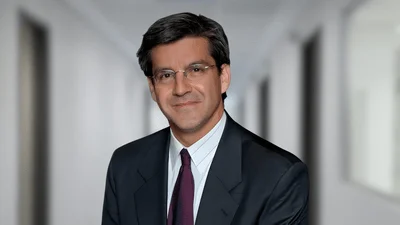Resident Scholar, American Enterprise Institute
Resident Scholar, American Enterprise Institute
The Trump administration has committed to conclude the NAFTA renewal negotiations within the next several weeks — but at the same time has reintroduced a series of poison pill provisions that could blow up the negotiations. It is not clear at this point whether this turnabout represents a last-ditch bluff or if US Trade Representative Robert Lighthizer is ready to scrap NAFTA (as his belligerent boss has always preferred) and place the blame on Mexico and Canada.
First, Lighthizer keeps fiddling with proposals to force Mexico to raise salaries in the Mexican auto industry to 4–6 times their current level — from $3–6 per hour to $16 per hour. As I’ve noted previously in a blog, this is clearly an example of what Jagdish Bhagwati labeled “export protectionism.” In such situations, rather than slap tariffs on a sector, the protectionist negotiators demand outsized increases in labor costs that form tariff equivalents. Mexico has flatly rejected the demand. (Just suppose the example were reversed: one can imagine the reaction of the US Congress if the Trump administration mandated a three-fold increase in US auto wages as part of an international trade agreement — bypassing federal, state, and local governments.)
Second, against the unanimous opposition of the US business community, the Trump administration continues to push for a voluntary dispute settlement process in the new NAFTA. Several weeks ago, over 100 Republican members of the US House of Representatives sent a letter to the administration strongly opposing such an opt-out plan for NAFTA disputes and warned the president that this would jeopardize congressional approval of the final document.
Third, again in the face of adamant opposition from Mexico and Canada, as well as from key congressional leaders, Lighthizer has revived an earlier poison pill in a proposal to “sunset” NAFTA after 5 years if the NAFTA nations individually do not vote to renew it. Such “temporary” trade rules would introduce debilitating uncertainty for corporate planning, thus undermining the very purpose of the trilateral pact.
With stalemate and the possibility of a trade war looming over Chinese protectionism, one would think that Lighthizer has a strong incentive to get the NAFTA negotiations behind him. But with this administration, outcomes are unfathomable. . . .
– Claude Barfield, a former consultant to the office of the US Trade Representative, researches international trade policy (including trade policy in China and East Asia), the World Trade Organization (WTO), intellectual property, and science and technology policy.





 Alerts Sign-up
Alerts Sign-up